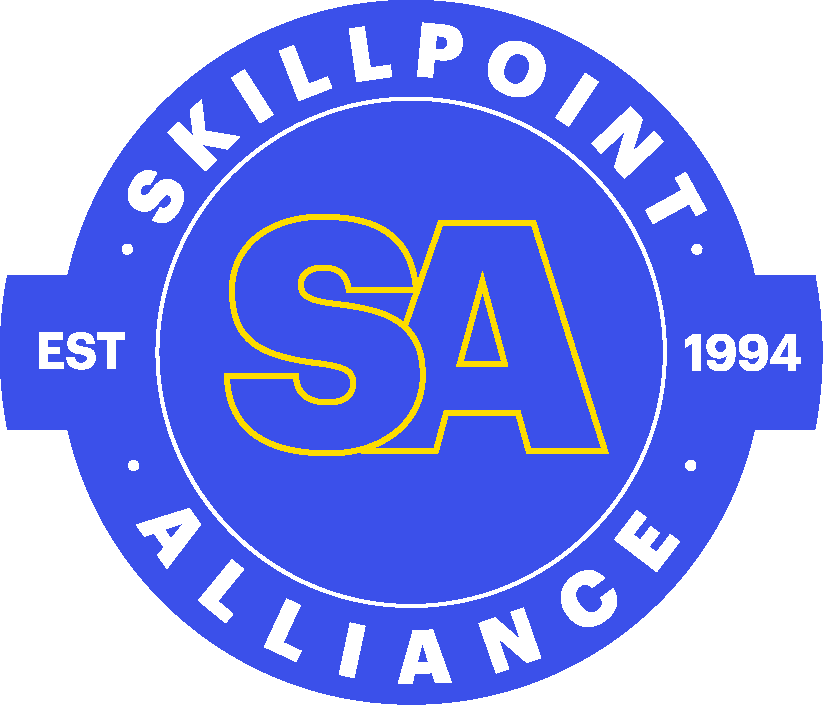Last Tuesday, the Adult Workforce Council invited veteran advocacy groups, community partners and employers from across central Texas to participate in a panel about how our community can better address the employment barriers of military veterans. All veterans encounter barriers when transitioning to the civilian workforce. These include:
- Communicating your skills— Job descriptions in the military don’t always match up with what a company wants to see on a resume or even which fields or careers match up to a veterans’ skills. Neil Cochran from the Texas Veterans Commission recommended two sites: O*NET Online and My Next Move for servicemembers. A soldier in attendance mentioned that she can tell you what she does on the battlefield, but wouldn’t know the answer if you asked her what skills she has for the private sector. On the employer side, Ernie Meltz Jr. from SemperGROW recommended that hiring managers feel confident hiring veterans for their dedication, work ethic and attitude. These skills that can’t be taught.
- Touting accomplishments— The military teaches servicemembers to give credit to the team for successful missions. This makes sense for the military environment; in an interview, veterans need to toot their own horn. Feeling comfortable pushing their own skills and abilities is a skill that servicemembers need to learn.
- Confronting stereotypes— Cassaundra St. John from the F7 Group said that many of the female veterans her organization serves don’t self-identify as a veteran in the interview process because of the stereotypes around PTSD and lack of self-motivation that many feel hiring managers hold against them. An audience member who is active in Human Resources said that hiring managers group veterans into “little boxes” during the hiring process and use those to inform decisions. Military members need to be flexible, hard working, creative, not just follow orders, she said.
- Family and spouses— Will Brasscu from the San Antonio Coalition of Veterans opened by families, and spouses in particular, face the same issues that a veteran does. It’s important that our community not just serve the veteran; we need to find ways to support the spouse and family too.
Central Texas has solutions, however. Many attendees shared their successes with veterans. Here are a few:
- Mentoring— Assigning new veterans a mentor helps him or her navigate civilian life. Some mentioned success assigning a fellow veteran as the mentor, but one audience member suggested the best results come from a civilian mentor.
- One-on-one Coaching— Many employers, along with the Texas Veterans Commission, touted the difference long term one-on-one coaching can have. Every Workforce Solutions office has a Veterans Representative who is able to provide this coaching and direct veterans to services. Texas has a large number of resources and organizations ready to help veterans; matching the needs of a veteran to the appropriate organization or program is often all it takes.
- Awareness of Needs— Jim Bob Meckler of the Texas Veterans Land Board recommended that employers be aware of the needs of veterans. His organization requires its staff to follow specific protocol with veterans to ensure veterans feel safe and secure.
These are just a few of the highlights from a conversation that we hope to continue in Central Texas. If you’re interested in joining the Council, the next event will be a networking happy hour on August 1 from 4 to 6 p.m. at Tikela’s Mexican Food. A special thanks goes out to the Austin Chamber for sponsoring the meeting and all of our Adult Workforce Council members and business leaders who attended!
